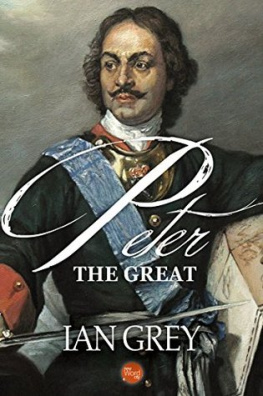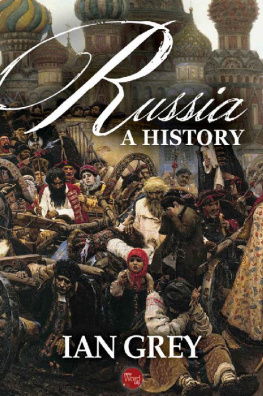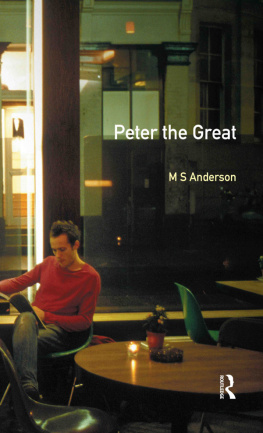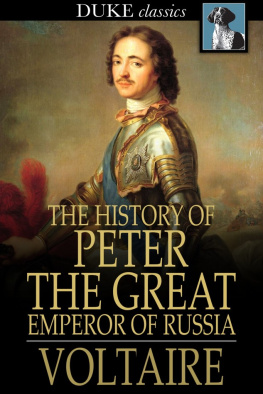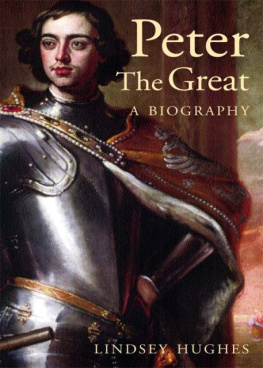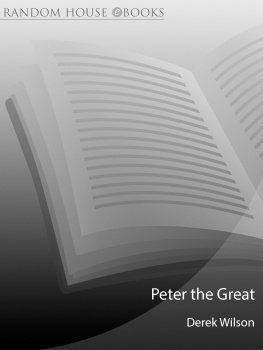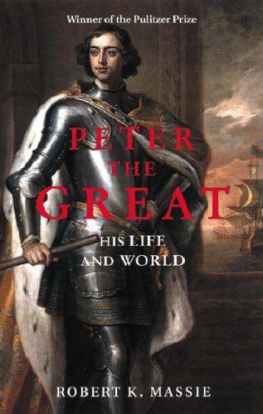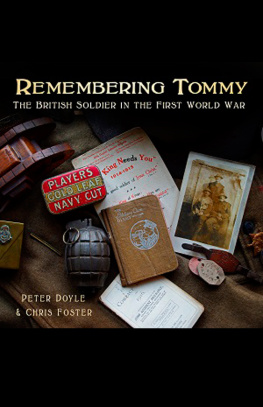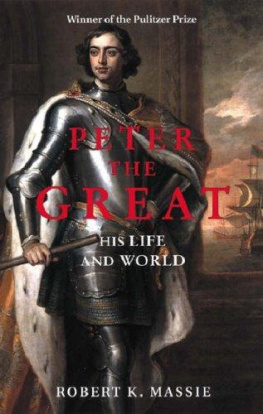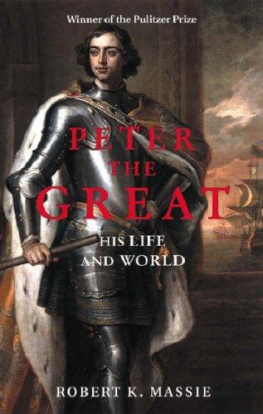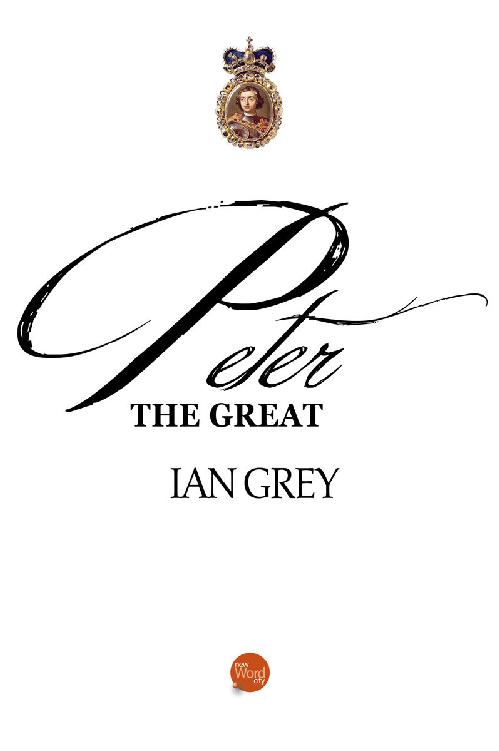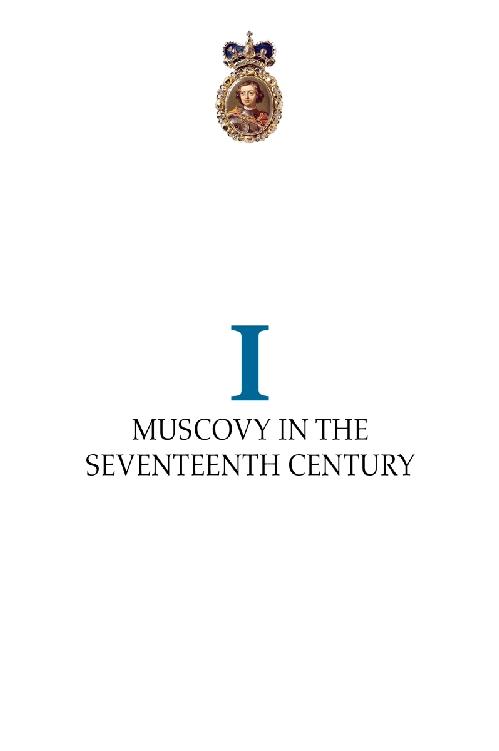The Muscovy into which Peter the Great was born in 1672 was a vast, troubled land, extending from the White Sea in the north to the Caspian Sea in the south. In the east, embracing the whole of Siberia, it stretched to the Pacific Ocean, but the great expanse of land beyond the Ural Mountains was as yet unsettled. In the west, it stopped short at the Baltic provinces, which the Swedes held, denying the Muscovites access to the sea, where Novgorod had traded since the dawn of Russian history. Also in the west, White Russia and most of the Ukraine were part of the great kingdom of Lithuania-Poland. In the south, the Cossacks and Crimean Tatars stood between Muscovy and the Black Sea. Thus, except in the north, where Archangel allowed some trade with Western Europe, Muscovy was landlocked and isolated.
At the same time, Muscovy was weak and troubled internally and preyed on by her enemies. More than once during the seventeenth century, the nation faced collapse. Indeed, the century opened with the Time of Troubles, which had as its immediate cause the extinction of the old dynasty, and for fifteen years, while various contenders struggled for the throne, the country drifted perilously. Unrest and rebellion went unchecked, Cossacks marauded at will, and the Swedes invaded and plundered. The Polish occupation of Moscow had come as the final humiliation, uniting the Muscovites, and in a national rising, they had expelled the invaders. But Moscow was still without a tsar and the empty throne remained a source of unease and distress. Finally, summonses went out to all parts of the country, calling on the people to send delegates to the Zemsky Sobor (Assembly of the Land). Early in 1613, this assembly elected Mikhail (Michael I), the first of the Romanovs and grandfather of Peter, to the throne.
Tsar Mikhail gave his country a much-needed rest during his long reign. He made peace with Sweden and Poland but at the price of terms that were a source of shame to all Muscovites. Internally, he restored a semblance of order and quiet, but it proved to be only the quiet before the storms that were to break upon his son and successor, Tsar Alexei. On the one hand, the discontent of all classes gathered strength as their burdens grew more oppressive; on the other, the country remained weak, impoverished, and unable to stand against its enemies, for by European standards, it was backward.
The Russians had not always lagged behind the peoples of Western Europe. In the tenth, eleventh, and twelfth centuries, before they had moved northward and established Moscow as their capital, the Russians of Kiev and Novgorod had been closely bound by culture and trade with the countries of the West and had stood as their equals. But then for nearly 250 years (1240-1480), they were under the yoke of the Mongol-Tatar khans. Their intercourse with the West ceased, and they were isolated. They knew nothing of such great movements as the Renaissance, the Reformation, the explorations, and the scientific discoveries. Painfully in the sixteenth and seventeenth centuries, the tsars and some of the leading men at court became aware of the superiority of the West not only in war, but also in industry, trade, and education. A sense of isolation and vulnerability filled this small ruling circle with uneasiness. The realization that in the first half of the seventeenth century their country was farther behind the West than ever before in her history intensified their fears.
It was against this backwardness and isolation that Peter was to fight throughout his reign. His struggle was all the more difficult because Muscovy was sunk in lethargy; the people were lazy, ignorant, and conservative, and, encouraged by the church, they clung tenaciously to their way of life. But Peter wielded the power of the supreme autocrat, and he wielded it ruthlessly. He was also helped by the gradual intrusion of Western influence. But most important of all in this struggle was the elemental force of his own will, energy, and dedication by which he was to transform Muscovy into the Russian Empire.
Moscow was the capital and center of Muscovy, and already in the seventeenth century, it was a considerable city. German scholar, mathematician, geographer, and librarian Adam Olearius, an acute observer, considered it out of all controversy one of the greatest cities in Europe, and the first sight of Moscow never failed to impress Western travelers. Captain John Perry, an English engineer, wrote that whenever any traveler comes within a fair view of the city, the numerous churches, the monasteries, and noblemens and gentlemens houses, the steeples, cupolas, and crosses at the tops of the churches, which are gilded and painted over, make the city look to be one of the most rich and beautiful in the world, as, indeed, it appeared to me at first sight coming from the Novgorod road. But to the Muscovites, Moscow was also the white-walled city of the tsar and the center of the Orthodox Church, and as such, it was vested with divine majesty. They looked toward it in the spirit of pilgrims and saw it as a shrine. In most things, Moscow was also the epitome of the country to which it had given its name.
The Kremlin, set on a slight hill on the bank of the Moskva River, was its heart and matrix. Great walls enclosed this citadel and other districts outside it while a palisade of logs marked the city limits. Moscow was, in fact, a walled city, and the massive walls were not relics of another age, but a necessary defense against invasion.
In appearance, the city was neither Asiatic nor European, but distinctively Russian. Byzantine and, later, Italian and other European architects had contributed to its buildings, and their styles had blended into a Russian style. The churches, most with one large and four small cupolas, typified it. The city contained over 1,500 churches, and the golden forest of gilded crosses and cupolas rising above the walls contributed overwhelmingly to the travelers impression of Moscows mysterious, fantastic, and savage character, and of her uniqueness.
With few exceptions, all Muscovites from the tsar to the poorest peasants lived in log houses, which differed only in size and in the amount of decoration on their window frames, gables, and porches. Indeed, Moscow was built of logs, even the roads, where they existed, being laid with logs bound side-by-side. Consequently, both in winter, when the primitive stoves were burning in every house, and in summer, when the wood was tinder dry, fires were the scourge of Moscow. A few days before Oleariuss arrival, a fire consumed a third of the city, and he noted that it was a weekly occurrence for fires to reduce whole streets to ashes. In the Great Fire of London, 13,200 houses are said to have perished, but it may be estimated that in seventeenth century Moscow, fires destroyed at least half this number of houses every year.
While the first sight of Moscow impressed travelers, it also sharpened their disillusionment when they entered the city. The main impression was one of squalor and the contrasts aggravated this impression. Churches and the palaces of boyars stood surrounded by miserable huts. The magnificence of the tsars court and the opulence of the church and the nobility contrasted with the drab poverty of the rest of the population.
Wearing long-sleeved coats of velvet or stiff, brocaded cloth, which reached to the ground, rich boyars - Russian aristocratics below the ruling princes - and landowners rode on horseback or on sledges through the streets, escorted by suites of retainers. They were usually fat and full of pride in the size of their bellies, which, like the length of their beards and the profusion of their servants, indicated wealth and station, and they moved against a background of peasant-serfs, ragged holymen, beggars, and peddlers.

